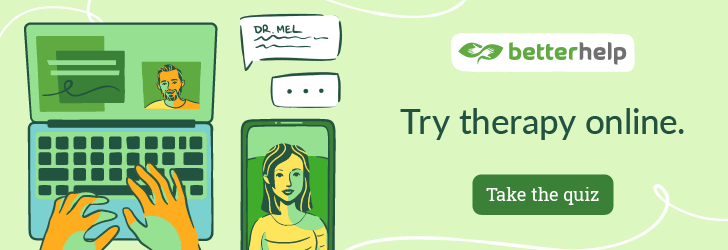BetterHelp 101: Understanding Online Therapy and How to Find Support (Sponsored)
This is a sponsored post from BetterHelp. As a member of BetterHelp, MLB Trade Rumors receives compensation from BetterHelp if you purchase products or services through the links provided.
As the public’s knowledge of mental health grows, more treatment options are available to a greater number of people living with mental health problems. One such option is online therapy, which allows people to access mental health support from a device with an internet connection from anywhere.
What is BetterHelp?
BetterHelp is an online treatment platform powered by a database of over 30,000 counselors, doctors, social workers and psychologists from all 50 US states and other countries around the world. This platform aims to break down the barriers that often prevent people from seeking help, such as financial burden, rural areas with limited treatment options, or not being available in your area.
Understanding BetterHelp
BetterHelp may work differently than meeting with a traditional therapist. Below are some ways people can use online therapy with this service.
Registration
Signing up for BetterHelp usually takes a few minutes. The first sign-up process is a questionnaire that asks potential customers about the following:
- Reasons for seeking treatment and goals
- A personal diagnosis or mental health challenge
- Professional gender preferences
- Whether they would like to meet with an LGBTQ+, Black, or Asian therapist
- Options for individual, couples, or youth therapy
- Gender, age, sex (optional), pronouns, and relationship status
- Spiritual identity
- Previous treatment experience
- Intimacy problems
- Methods of using drugs
After completing a questionnaire, which may take five to ten minutes, prospective customers will be prompted to fill in their name, email and password. Then, they will be sent to the payment page, where they can choose a plan. After payment is processed, it usually takes 48 hours for an expert to follow up with them.

Payment
BetterHelp plans are billed monthly for four weeks of therapy. The monthly fee covers four sessions with a therapist (one per week) and access to other BetterHelp resources, such as support groups and classes. Costs range from $65 to $100 per week, which can be cheaper than traditional treatment.
Game mode
Physicians are matched with clients based on the client’s answers to a questionnaire at check-in. The only limitation is that the doctor must be licensed to practice in the client’s area of residence to be able to work with them. Customers can change providers at any time for any reason.
Using the platform
Individuals can log in through the app or website to use the BetterHelp platform. There, they can find their messages with their doctor, a newspaper section, appointment scheduling options and other resources. Through the settings section, customers can view their billing information, change their provider, and adjust their profile. Weekly meetings with an expert can be held by phone, video, or live chat, through an app or website.
Additional resources
BetterHelp offers resources that may not be offered by private providers, such as the following:
- Weekly support groups
- Online courses designed by mental health professionals
- Target tracking options
- Writing and journaling tips
- Worksheets
All features are included in the weekly price of the platform, so customers can get them without paying extra.
The BetterHelp process
BetterHelp works with the wider community to provide support to non-profit organizations and individuals in need. They have provided more than $65 million in rebates and grants to cover treatment for low-income people and provided more than 95,000 months of free treatment to communities in need. BetterHelp partners with more than 100 nonprofit organizations.
Who can benefit from an online therapy platform?
Online therapy is often easier and more convenient than in-person options. This option can help people with busy schedules, such as parents, full-time workers and athletes, who may not have time to go to an additional location. Many evidence-based methods, such as cognitive-behavioral therapy (CBT) and dialectical behavior therapy (DBT), are available online.
Does online therapy work?
As of 2021, four out of ten US adults have exercised this option. One study reported that more than 71% of participants believed it was more effective than face-to-face therapy. One study found that online therapy often led to a higher quality of life for clients with anxiety and depression and was less expensive.
Take away
By seeking support online, financial, geographic, and access barriers can be removed, allowing more people to get the support they need. To get started, consider working with a platform like BetterHelp.
#BetterHelp #Understanding #Online #Therapy #Find #Support #Sponsored